An Herbal Approach: the Digestive System
Herbalism and Holistic Health
The digestive system is essential to our existence, converting food into vital components for energy production and overall well-being. It relies on a symphony of organs, including the gastrointestinal tract and those responsible for digestive secretions, working together in harmony. When one aspect falls out of balance, others often follow. Fortunately, medicinal plants serve as ideal allies in maintaining digestive harmony. Before exploring the benefits of herbs, let’s trace the journey food takes through the body.
How the Digestive System Works
From the Universe into our Bodies
Digestion begins in the mouth, where food and drink start their transformation into energy. Here, saliva and teeth work together—the former initiating chemical breakdown with enzymes like amylase, while the latter handles mechanical processing.
Down the Throat and into the Stomach
The throat’s muscular contractions guide food into the stomach. While the mouth’s role is primarily mechanical, the stomach immediately initiates chemical digestion with powerful acids. Glands within the stomach walls regulate this process, creating an acidic environment with a pH below 3. Combined with the stomach’s churning motions, food is broken down further into its essential components.
Through the Intestines and back into the Universe
Next, the journey continues into the small intestine. Here, digestive juices from the pancreas break down carbohydrates, fats, and proteins, while the liver produces bile to aid fat digestion and neutralize stomach acids. As nutrients and water are absorbed through the intestinal walls, the remaining material moves into the large intestine.
In the large intestine, the remaining water and nutrients are absorbed through the walls of the large intestine, entering directly into the bloodstream. What remains is compacted for excretion. Thus, the digestive cycle comes full circle, returning to the universe the resources it no longer needs.
What controls digestion?
The digestive system operates under the careful guidance of hormones and the microbiome. Hormones, released by the small intestine, regulate digestion by ensuring food moves efficiently and nutrients are absorbed effectively. These chemical messengers work in harmony with the rhythmic mechanical contractions—known as peristalsis—that propel food through the digestive tract.
Throughout this journey, the microbiome—a dynamic community of beneficial microorganisms within the gut—plays a vital role. It assists in breaking down complex compounds, extracting nutrients, and supporting chemical pathways essential to overall health. However, when hormone levels or the microbiome fall out of balance, the digestive system often suffers, leading to discomfort and dysfunction.
Imbalance in Digestion
An imbalanced digestive system can manifest in various ways, ranging from mild discomfort to more intense symptoms. Issues such as pain, nausea, constipation, and cramping often point to deeper disruptions within the system. Fortunately, medicinal plants offer natural solutions to address and alleviate these challenges.
Cramps
Cramping, whether from an overactive nervous system or muscle tension, can result in conditions like IBS. Nervine tonics help soothe the nervous system, while antispasmodics can relieve muscle tightness. If cramping stems from constipation, fiber-rich herbs or stool-softening remedies can promote regularity and ease discomfort.
Imbalance in Gut Microbiome
When symptoms arise due to something consumed—such as spoiled food or an irritant—imbalances in the microbiome may be to blame. Many herbs boast antimicrobial and anti-parasitic properties, helping to restore balance. However, for overall digestive health, probiotics can be highly beneficial. By increasing levels of good bacteria, probiotics promote harmony within the microbiome. Be sure to consult a healthcare professional or check reviews to select an effective probiotic, as quality can vary.
Anxiety
Many digestive disorders are linked to the nervous system and may be triggered by stress or anxiety. Elevated stress hormones often cause upset stomachs or even diarrhea. In these cases, treating the root cause—stress—is more effective than targeting the symptoms alone. Digestive disruptions may also manifest in other bodily systems, leading to skin issues like acne, or cognitive challenges such as headaches and sleep disorders.
Inflammation
Inflammation is among the most common causes of digestive discomfort. Excess inflammation, as seen in conditions like IBS, can lead to symptoms such as bloating, cramping, constipation, or diarrhea. Anti-inflammatory herbs are key allies in reducing swelling and soothing irritated tissues.
Modes of Administration
Herbal remedies for digestive health can be administered in various forms, depending on the herb and its intended use:
Teas: Ideal for dried herbs, the warmth of a tea enhances extraction. For instance, chamomile tea works wonders for soothing an upset stomach.
Tinctures: Perfect for fresh herbs and for preserving compounds sensitive to heat. Tinctures also deliver fast relief.
Capsules: Best for herbs with a strong or bitter taste, making them easier to consume.
Herbal Therapeutics for the Digestive System
When it comes to promoting digestive harmony, medicinal herbs are unparalleled in their versatility and effectiveness. From soothing inflammation to combating microbial imbalances, here’s a guide to herbal therapeutics tailored for digestive health:
Adsorbents
These remarkable herbs remove toxins and bacteria from the digestive tract, neutralizing harmful substances that may cause diarrhea. Emerging studies even suggest their potential against infectious diarrhea. They are able to neutralize the toxins that cause this disorder!
Activated Charcoal: Ideal for adsorbing toxins shortly after ingestion.
Pectin: A versatile adsorbent, particularly effective in removing heavy metals from the digestive system.
Antidiarrheal
Antidiarrheal herbs address various causes of diarrhea, from bacterial infections to microbial imbalances. Probiotics are a great example, they contain beneficial organisms that are essential to optimum gut health. Others may also slow intestinal movement to regulate excretion.
Psyllium acts to absorb some of the water in loose stool and creates a lubricating gel which aids in combating diarrhea.
Goldenseal is used by Native Americans to treat infections that may cause excessive excretions due to its antimicrobial activity.
Adsorbents may also be used if toxins are the cause of diarrhea (see above).
Rhubarb has shown promising results in studies on its effects against diarrhea due to its tannin content.
Anti Inflammatories
Reducing inflammation is key to managing pain and promoting gut health. These herbs work by inhibiting enzymes like cyclooxygenase (COX), which contribute to intestinal swelling. Cyclooxygenase is an enzyme that makes prostaglandins (PGs), some PGs contribute to intestinal swelling/inflammation and pain. By selectively inhibiting cyclooxygenase, inflammation may be reduced!
Chamomile is widely known for its anti-inflammatory actions.
Ginger is well known for its relief of nausea, partially due to it combating inflammation.
Chinese licorice and red sage or Chinese sage are both known to inhibit COX resulting in anti-inflammatory properties.
Black walnut is known to have dozens of compounds with proven anti-inflammatory activity.
Echinacea contains alkamides which are anti-inflammatory in nature.
Marshmallow root is an effective demulcent that works by decreasing inflammation with its gel-like excretions.
Antimicrobials
These inhibit and prevent infection. Plants contain many compounds such as terpenes and flavonoids, or alkaloids and tannins, that show antimicrobial action! Many of these exist in the essential oil of the plants so tinctures and teas are great modes of delivery.
Goldenseal is used by Native Americans to treat infections that may cause excessive excretions due to its antimicrobial activity.
This study showed the antimicrobial potential of oregano, thyme, cloves, and lavender essential oils. Since you cannot ingest essential oils directly, tinctures are a great mode of delivery for them. Alternatively making a tea and keeping it covered while it brews will allow the essential oils to release and be captured.
Tarragon and thyme are known to fight viruses and bacteria in the body due to their caffeic acid content.
Honey inhibits numerous microbe species and is especially effective against bacteria and ulcers.
Antiemetics (anti-nausea)
These herbs treat vomiting and nausea. The causes of nausea are numerous, and some are even defensive. Take the nausea caused by an ingested toxin, it is your body helping to purge itself of the unwanted compound. Other causes may be hormonal or stress induced. And recall the prostaglandins that were the cause of some inflammation, these may also cause nausea! So there is some crossover when treating inflammation and nausea, as there tends to be many combinations of therapeutic herbal actions.
Ginger is, once again, quite commonly known for fighting nausea!
Ginseng and grape seed extracts also show promising effects.
Anti-parasitics
These kill parasitic organisms including worms, protozoa, fungus and bacteria. These organisms require a compatible host to survive. By creating an inhabitable environment for them we may cleanse ourselves of them! Parasites tend to be the cause of many digestive abnormalities, so treating the causal organism is essential in stopping the symptoms.
Clove oil contains eugenol that is quite effective against certain parasitic infections.
Mint, in particular its essential oil, has a high potential to treat bacteria and fungal parasites.
Antispasmodics
These are used to treat stomach aches and pain caused by gut spasms. Some work by easing smooth muscle tension or overactive nerves. IBS is a particular disorder that may benefit greatly from antispasmodics. There are two common mechanisms for these herbs to function. One way is antimuscarinic, or preventing muscle contraction and the other is by the actual relaxation of the smooth muscles.
Cramp bark, as its name indicates, is amazing for soothing all types of muscle cramps, especially great for menstruation cramps.
Passionflower also shows antispasmodic traits.
Yarrow has many antispasmodic flavonoids.
Astringents
Astringent substances work by reducing blood loss and treating inflamed tissue in the GI tract. These are especially useful for stomach ulcers as these tend to be open sores. The active compounds of these herbs tend to be tannins, but they most likely work with a whole host of phytochemicals. Consistent use, however, may result in a decrease in nutrient absorption, so use only when needed.
Raspberry leaf
Chamomile is a very mild astringent and thus is useful when gentle action is desired.
Yarrow tincture is widely used in many cultures for its protective nature against ulcers.
Bitters
These infusions are tinctures designed to treat digestive irregularities. They have an inherently bitter taste, which gives them their name! And it is this taste that makes them so effective. They work by activating receptors on our stomach and gut lining, acting as a warning to secrete more digestive juices and stimulate digestive movement. Because of the nature of their action, when you are experiencing heartburn or any symptom of excessive stomach acid it is not advisable to use bitters.
Yarrow, dandelion leaf, and wormwood are all amazing in bitter tinctures.
Demulcents
These therapeutics form a protective music film over the GI tract lining. Much digestive irritation is caused at the walls of the GI tract, to soothe this irritation promoting the release of additional mucus may be helpful. These herbs typically contain polysaccharides that when they come in contact with water form a thick, slimy paste.
Slippery elm has been used for many years by Native to America to treat many GI symptoms including diarrhea. It is a demulcent providing lubrication of the mucus membranes. Make sure to source sustainably.
Psyllium acts to absorb some of the water in loose stool and creates a lubricating gel which aids in combating diarrhea.
Marshmallow root is an effective demulcent that works by decreasing inflammation with its gel-like excretions.
Digestive Stimulants
These work to increase digestive muscle mobility. In effect they are opposite to antispasmodics. They may aid in increasing the movement of food when it becomes slow moving or stagnant. Herbs that act as digestive stimulants are actually laxative in function! However, there are many other modes of action for laxatives besides muscle stimulation.
See laxatives below
Restoratives
These wholesome herbs work to restore overall balance to the system. These might be tinctures blends that aim to nourish and heal. In general restorative act gently to bring your digestion back into harmony. Use these even when no symptoms are felt to maintain wellness.
Fennel soothes muscles to allow for an overall calm system.
Lemon balm is another soothing herb that will help you maintain optimum gut health.
Chamomile is a great restorative because of how gentle it is, it can be taken frequently with no side effects.
Laxatives
These are extremely varied in their action but all help you pass stool more easily. Some are stimulating as we discussed previously while others can be bulk-forming or stool softening. When stool is too liquidy to trigger a bowel motion, absorbing some of its water can assist in triggering the movement. Typically fiber will do the trick! However, when stool is too dry adding water will assist your body in removing it more. Some laxatives are demulcent, creating a lubricating layer to help push the stool out.
The latex of Aloe vera has laxative properties.
Psyllium is once again a great fiber for digestive health! It will bulk the stool to promote regular bowel movements.
Castor oil is used in clinical trials to induce bowel movements.
In Conclusion: Embracing Digestive Harmony
The digestive system is the cornerstone of health, intricately connected to every aspect of our well-being. By understanding its functions and the factors that influence its balance, we can take proactive steps to nurture it. Herbal remedies offer a holistic, natural approach to supporting digestive health, addressing everything from inflammation and microbial imbalances to stress and discomfort.
Whether it's sipping on a soothing cup of chamomile tea, incorporating probiotics into your routine, or crafting your own tinctures, there are countless ways to embrace the power of nature. By integrating these practices into daily life, you not only enhance your digestion but also promote overall vitality and harmony.
Remember, the journey to wellness is unique to each individual, and exploring the gifts of the botanical world can be both empowering and rewarding. Here’s to achieving balance and thriving from the inside out!
References
https://www.foodenzymeinstitute.com/content/Digestion-in-the-Stomach.aspx
Dajani, Esam Z. et al. “Over-the-Counter Drugs.” (2004). https://www.sciencedirect.com/science/article/pii/B0123868602005293
Silberman J, Galuska MA, Taylor A. “Activated Charcoal.” [Updated 2023 Apr 26]. StatPearls. Treasure Island (FL): StatPearls Publishing; 2025 Jan-. https://www.ncbi.nlm.nih.gov/books/NBK482294
Risi Wang, Ruihong Liang, Taotao Dai, Jun Chen, Xixiang Shuai, Chengmei Liu, “Pectin-based adsorbents for heavy metal ions: A review”, Trends in Food Science & Technology, Volume 91, 2019, Pages 319-329, ISSN 0924-2244, https://doi.org/10.1016/j.tifs.2019.07.033.












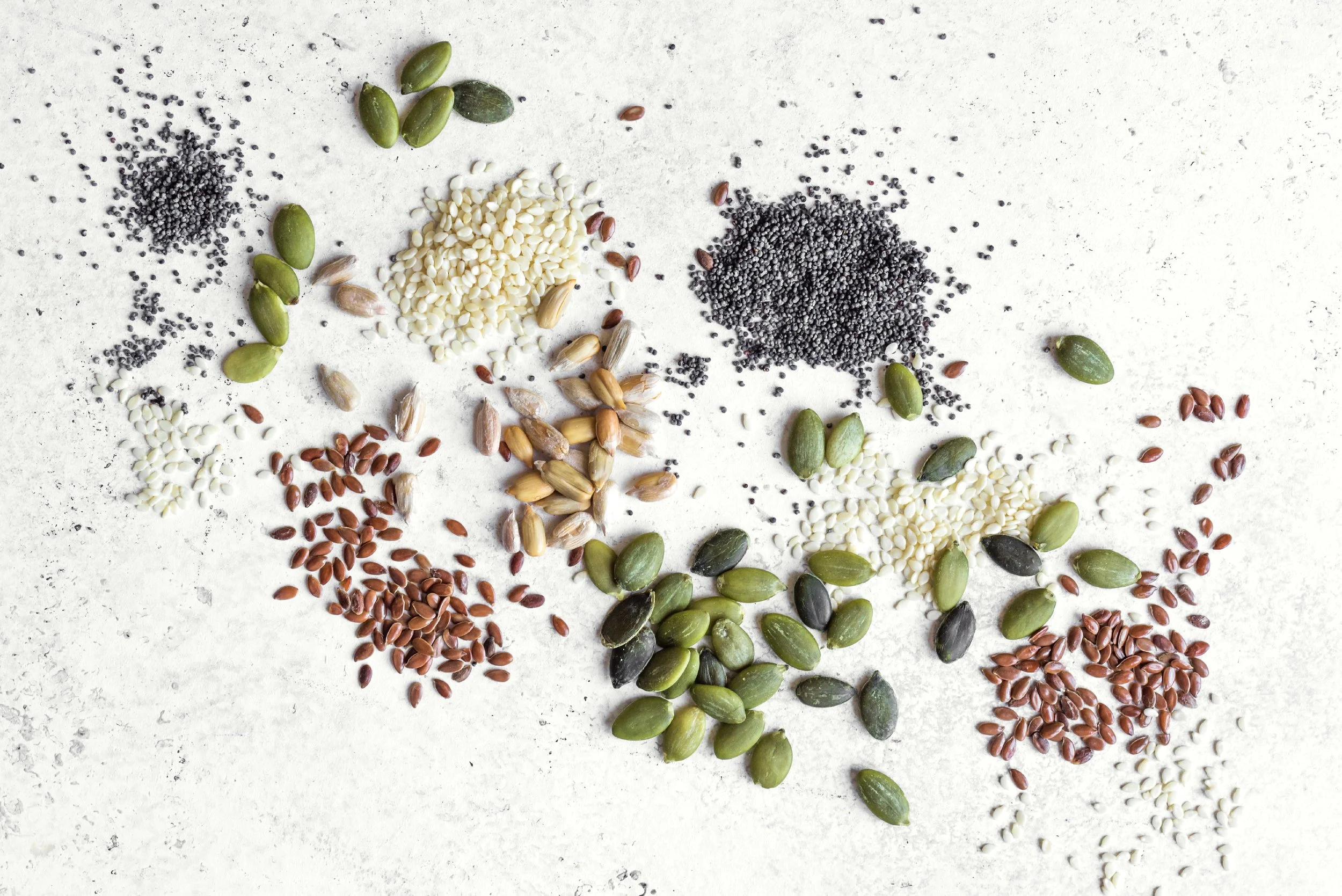
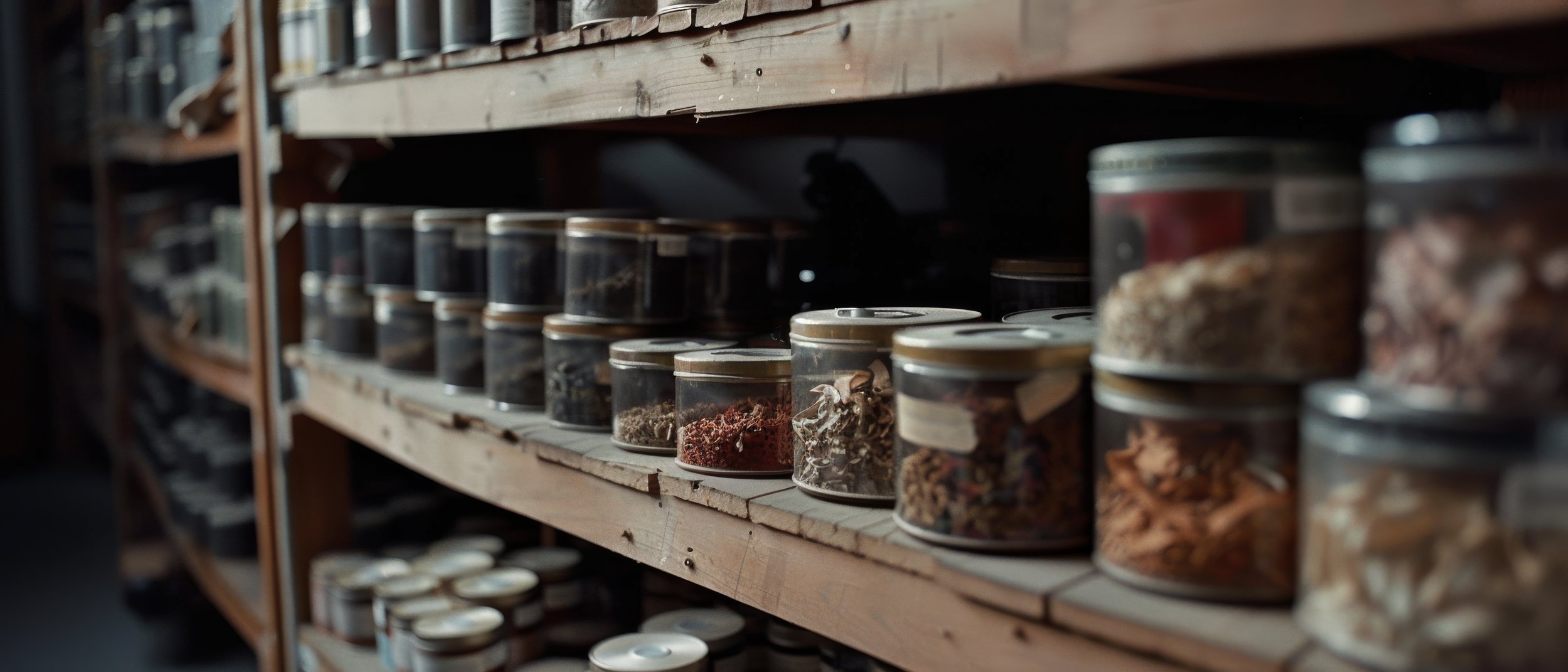
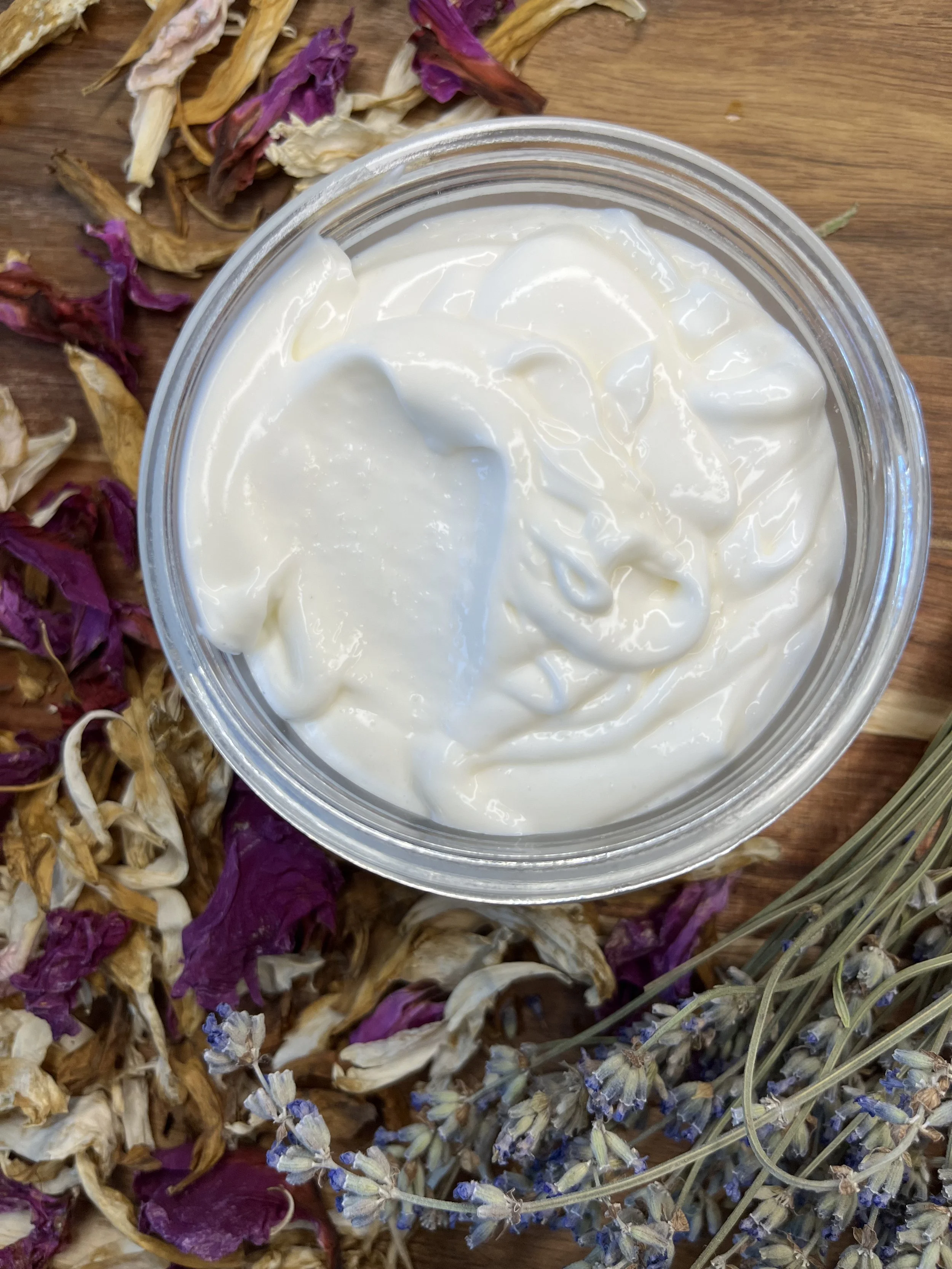
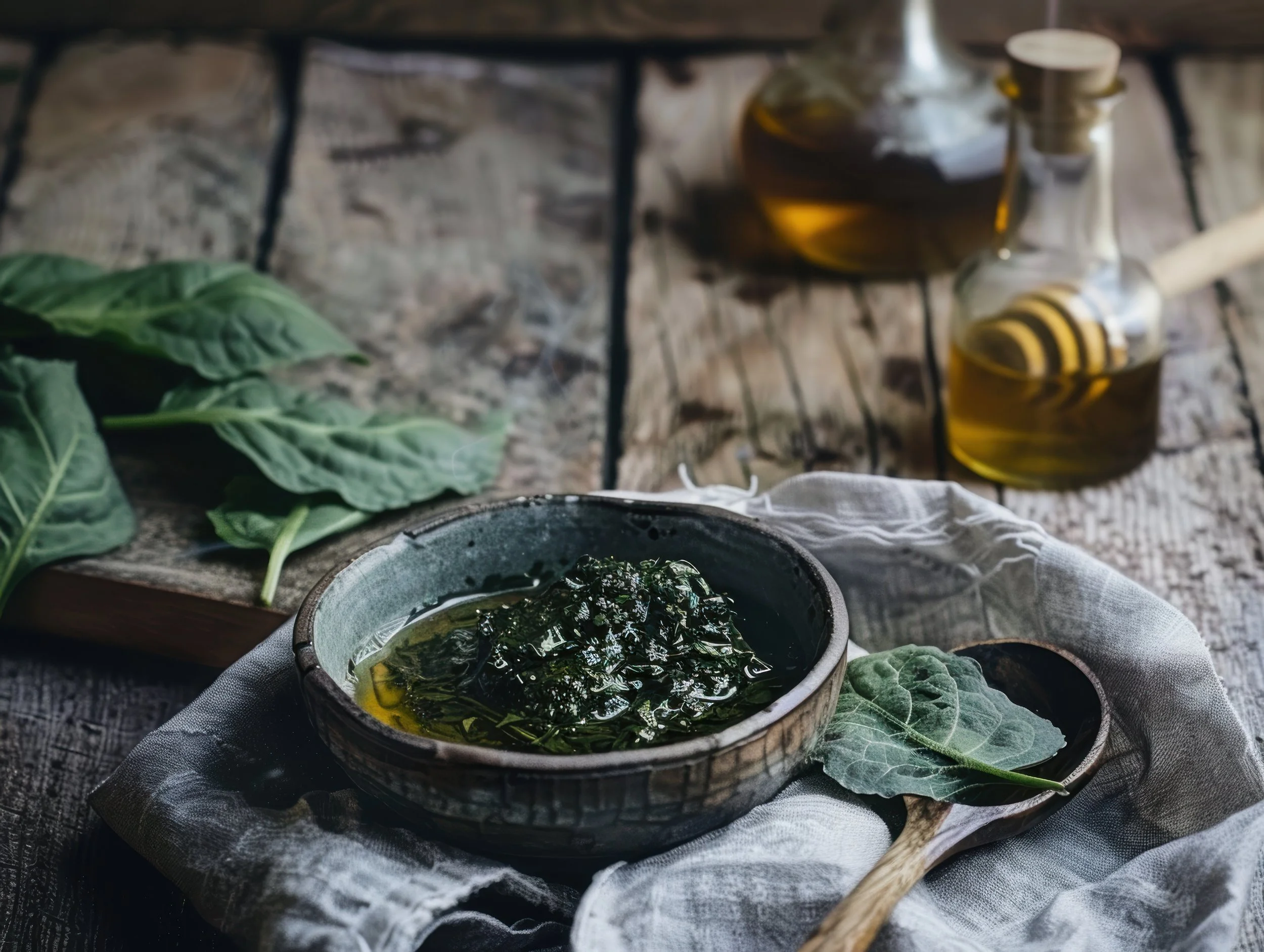
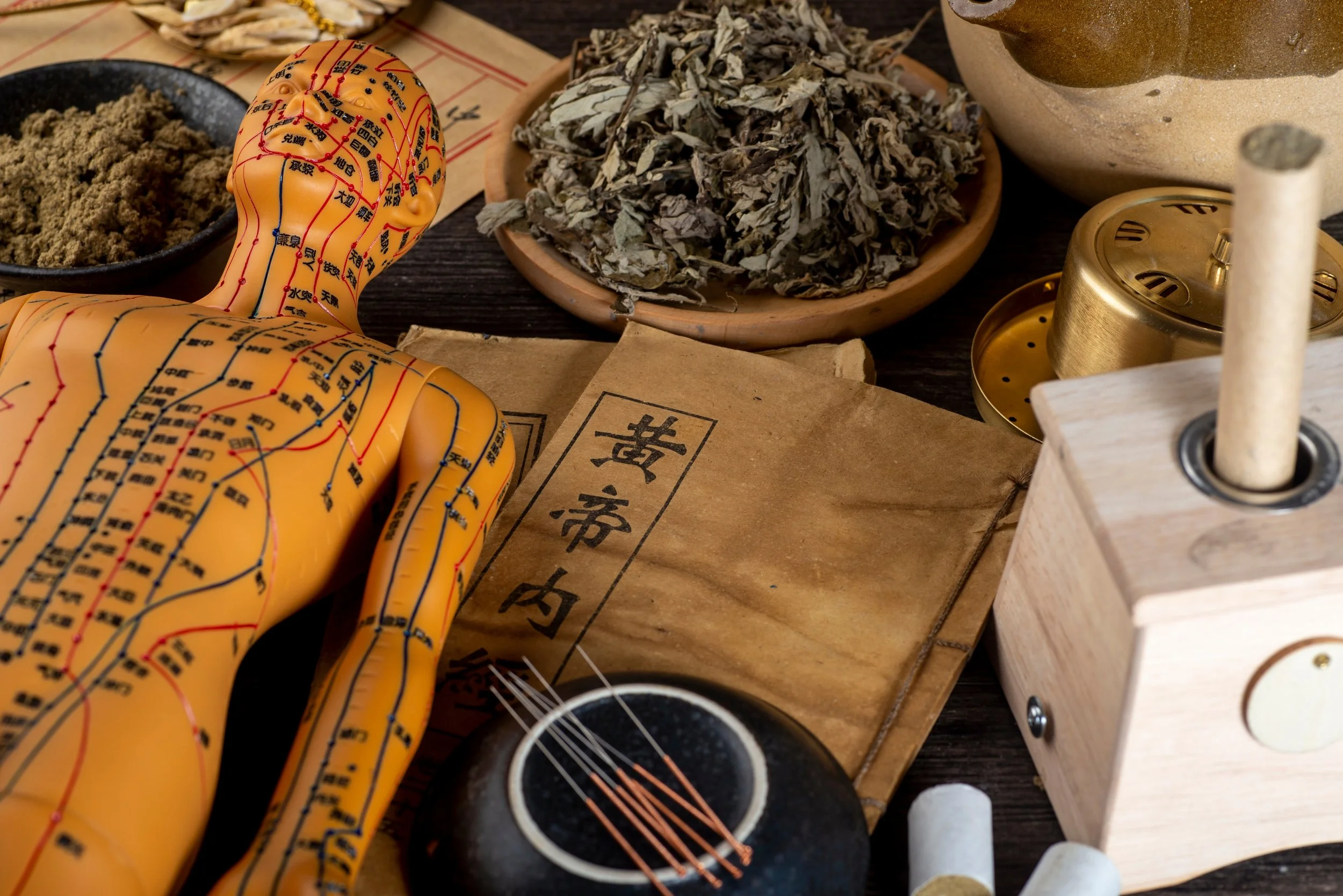




Hello and welcome! I'm Eve, a Chemist turned Herbalist, sharing the wonders of plant medicine and botanical skincare. Join me on this journey to Learn, Create, and Align your Divine!